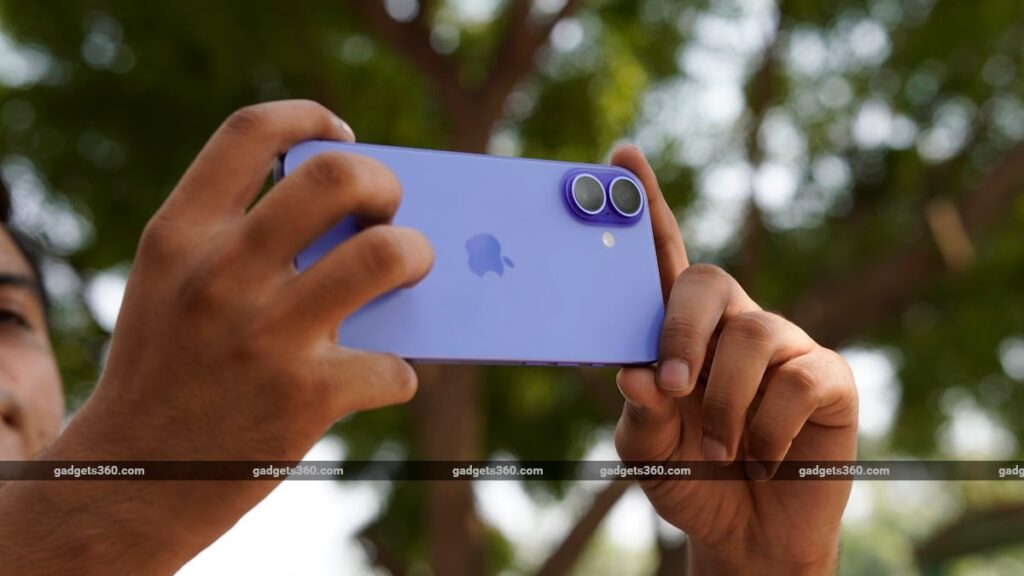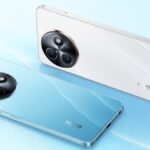Indonesia has blocked Apple Inc. from selling its latest iPhones in Southeast Asia’s biggest economy, saying the company has yet to meet local investment requirements. The iPhone 16, released in September, cannot be sold domestically because the local unit of PT Apple Indonesia failed to meet the country’s requirement of 40% domestic content for smartphones and tablets, the Ministry of Industry said in a statement on Oct. 25. Old Apple products. can still be sold in Indonesia.
This is an embarrassment for Apple, which has enjoyed good initial sales of its flagship product in other Asian markets such as China. Although Apple is not among the top six smartphone brands in Indonesia, it is a potentially growing market with a young population that is becoming increasingly tech-savvy. The $1 trillion economy has more than 350 million active cellphones — far more than the country’s population of 270 million, according to government figures.
Earlier in October, the industry ministry said Apple had invested only 1.5 trillion rupiah ($95 million) in Indonesia, less than its commitment of 1.7 trillion rupiah. Apple has built four developer academies in the country instead of setting up a local manufacturing facility, although Chief Executive Officer Tim Cook said in April that the company was studying the feasibility of doing so.
Apple officials did not immediately respond to an emailed request for comment outside US business hours.
Competing phone makers such as Samsung Electronics Co. and Xiaomi Corp., set up factories in Indonesia to meet domestic content regulations introduced in 2017. Other ways to boost local content include sourcing materials or hiring in-country.
Indonesia has a long history of using trade restrictions to push foreign companies to produce more of their goods domestically, albeit with mixed success.
This year, the government tightened rules on the import of large quantities of goods, leading to shortages of goods such as laptops and car tires and causing a backlog at ports. However, a long ban on the export of mineral ores such as nickel has led to rapid development of the battery sector.
About 9,000 iPhone 16 units have so far entered Indonesia by hand by passengers and crew or delivered by post, the industry ministry said. It is noted that they are allowed only for personal use and are not subject to trade. Even this path may not be easy for interested iPhone 16 buyers. Starting in 2020, in Indonesia, all phones purchased abroad must be registered with the government and are subject to a heavy tax.
© 2024 Bloomberg LP
(This story was not edited by NDTV staff and was automatically generated from a syndicated feed.)


